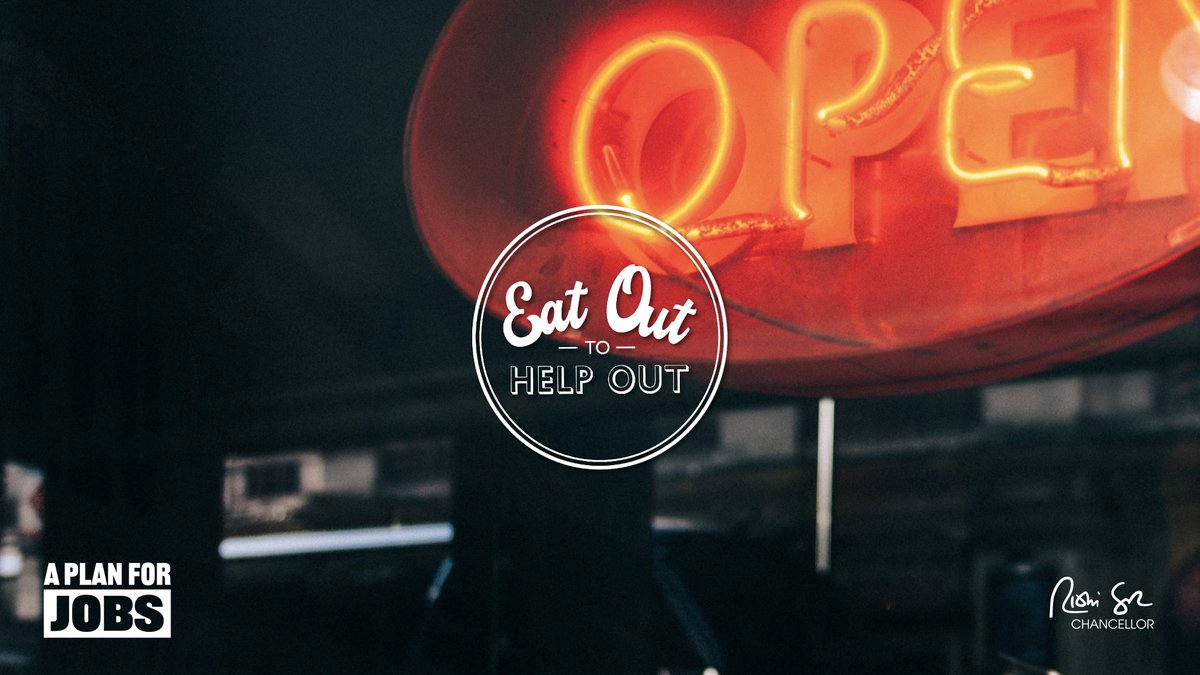
After five states passed ballot measures for marijuana use last week, the drug will soon be legal in some form for 70% of the U.S. population.
A third of the country won’t even need a medical excuse trib.al/mcJlx3l
A third of the country won’t even need a medical excuse trib.al/mcJlx3l
Unlike in the past, all of this happened without much of a public uproar.
This is the moment that cannabis companies and their investors have been waiting for: to be considered a legitimate industry rather than a hot voting issue trib.al/mcJlx3l
This is the moment that cannabis companies and their investors have been waiting for: to be considered a legitimate industry rather than a hot voting issue trib.al/mcJlx3l
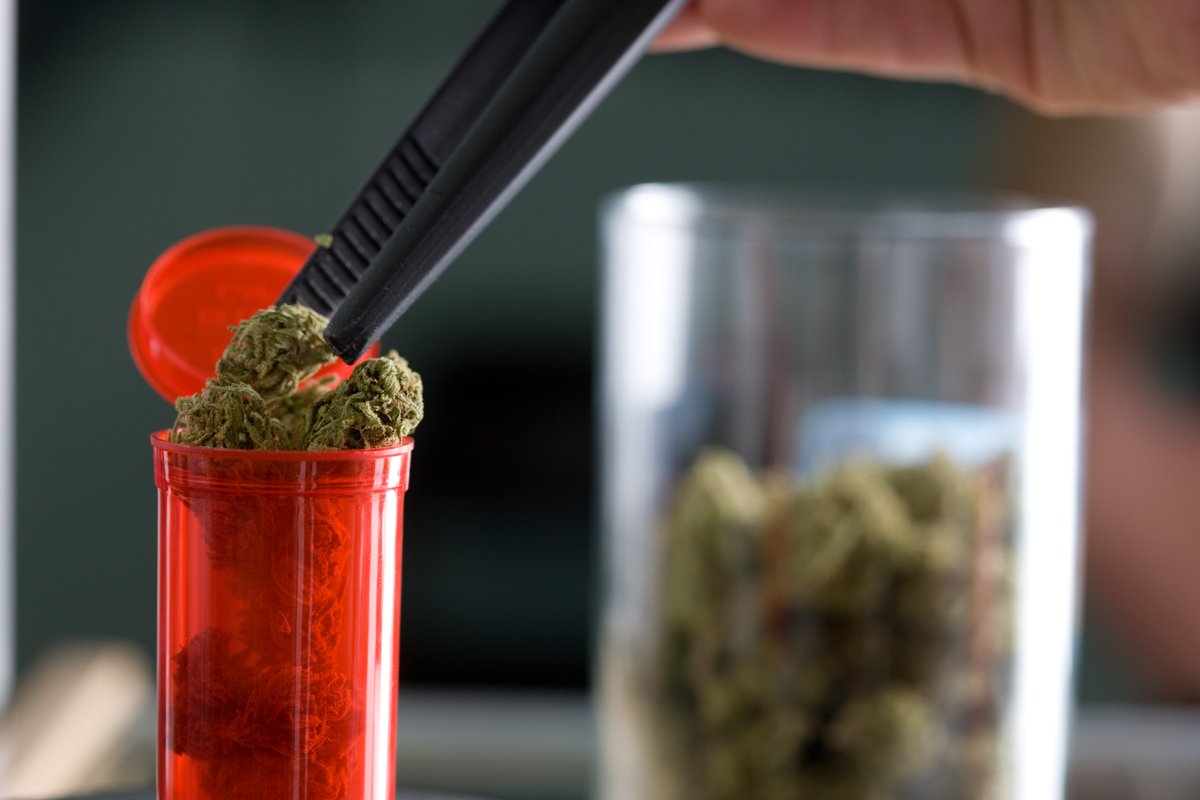
From here, the goal is to make weed every bit as normal as junk food, wine and other vices long found in stores across America 🍟🍔🍷🍻 trib.al/mcJlx3l 
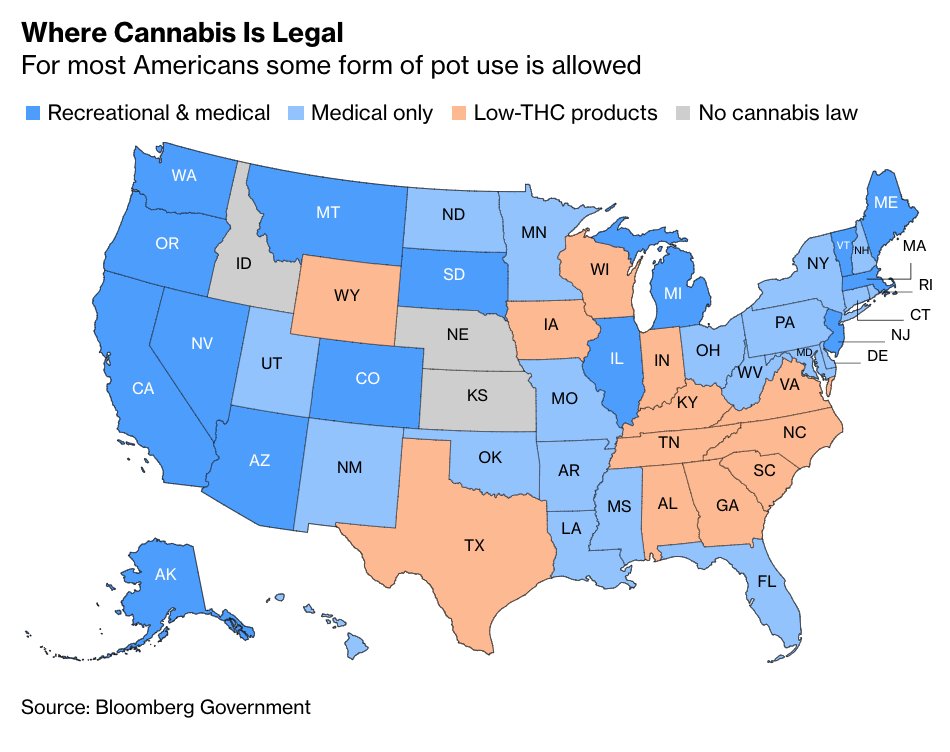
Two-thirds of U.S. adults support marijuana legalization — 91% if you include supporters of medicinal weed.
That’s more than the number of Americans who support abortion rights or who think human activity contributes to climate change trib.al/mcJlx3l
That’s more than the number of Americans who support abortion rights or who think human activity contributes to climate change trib.al/mcJlx3l
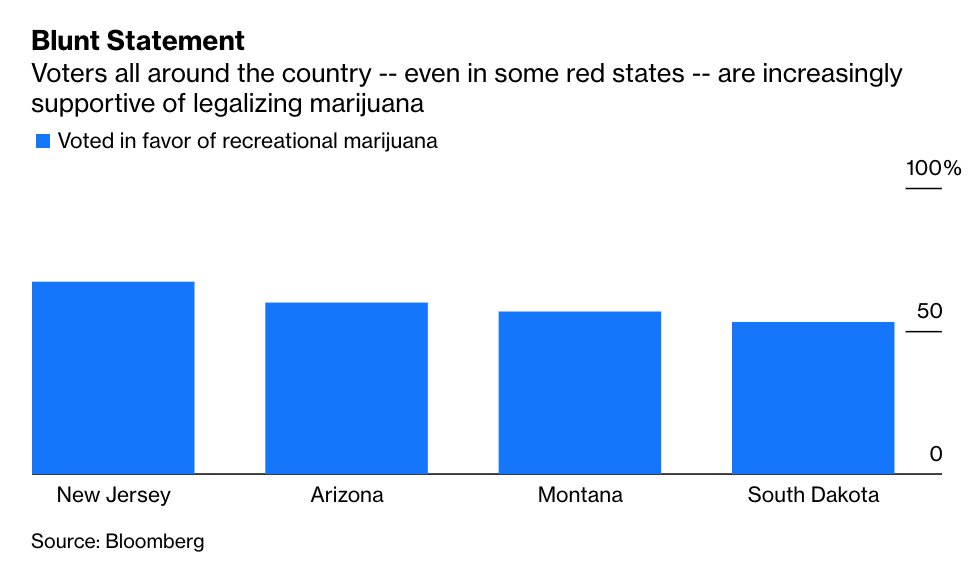
The partisan gap in attitudes toward pot is also shrinking:
In the red state of Mississippi, a medical marijuana proposal that was on the ballot was criticized by Governor Tate Reeves as too “liberal” for “non-stoners,” yet still it passed by 74% trib.al/mcJlx3l
In the red state of Mississippi, a medical marijuana proposal that was on the ballot was criticized by Governor Tate Reeves as too “liberal” for “non-stoners,” yet still it passed by 74% trib.al/mcJlx3l

As Biden takes office, weed may end up being the one issue we can agree on.
The increasing support for pot bodes well for the Secure and Fair Enforcement Banking Act, which would allow financial institutions to legally do business with marijuana companies trib.al/mcJlx3l
The increasing support for pot bodes well for the Secure and Fair Enforcement Banking Act, which would allow financial institutions to legally do business with marijuana companies trib.al/mcJlx3l
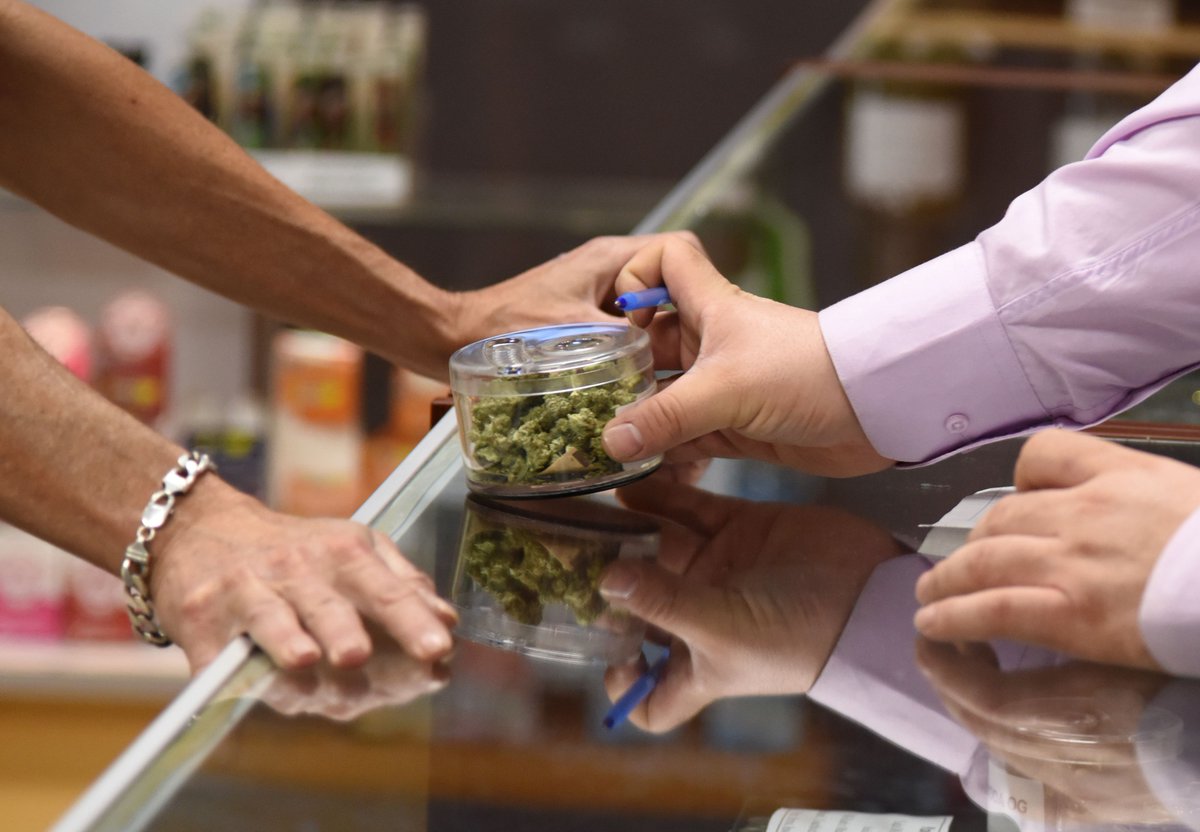
Cannabis companies have reason to be hopeful that a new administration will also usher in other changes, like excluding pot from the Controlled Substances Act trib.al/mcJlx3l 
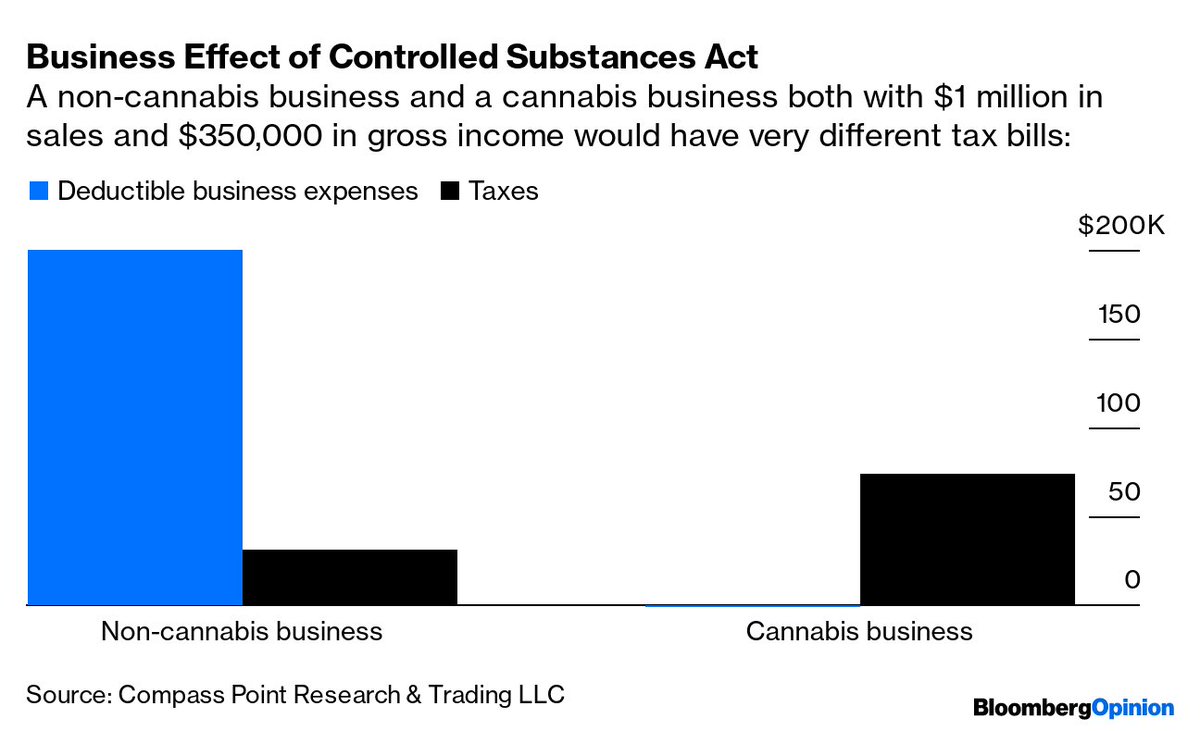
Marijuana is currently considered a Schedule 1 drug, right alongside heroin.
Schedule 2 substances include cocaine, fentanyl, meth and oxycodone — some of them at the root of the U.S. opioid crisis. For cannabis proponents, that just doesn’t add up trib.al/mcJlx3l
Schedule 2 substances include cocaine, fentanyl, meth and oxycodone — some of them at the root of the U.S. opioid crisis. For cannabis proponents, that just doesn’t add up trib.al/mcJlx3l
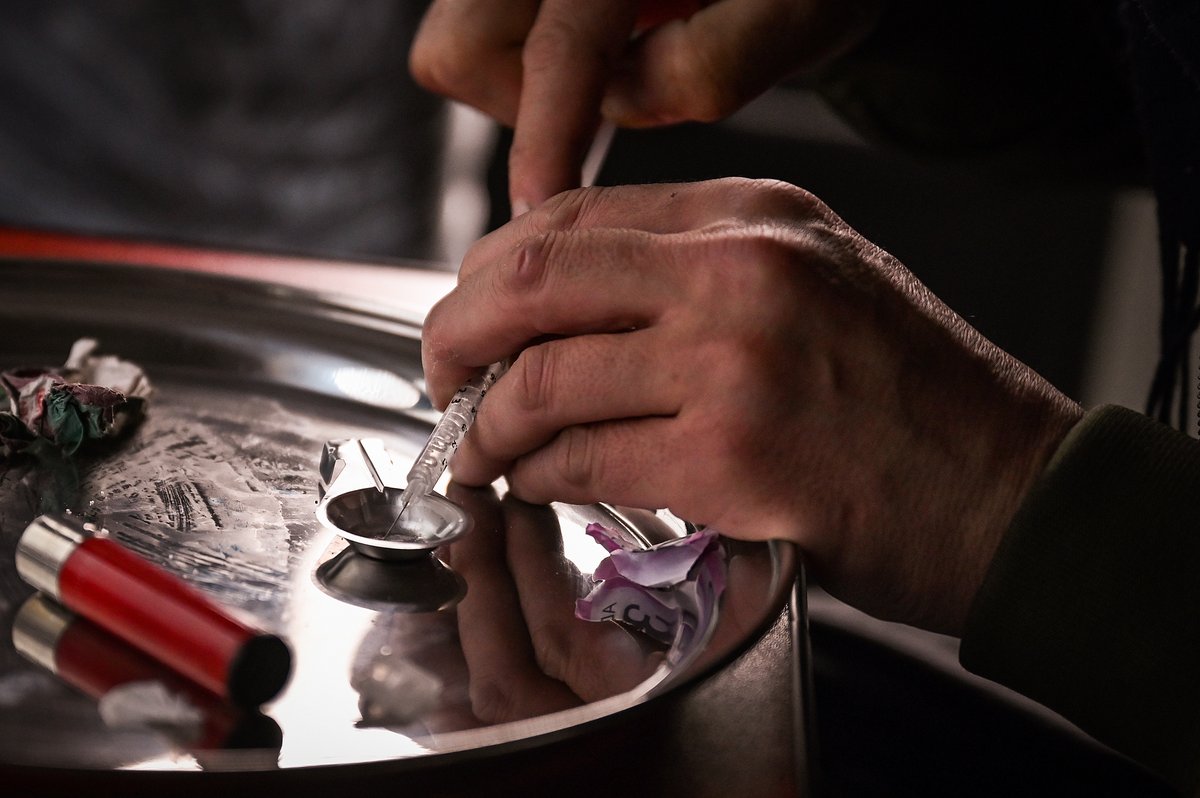
The federal government could also allow interstate commerce between legalized states.
As it stands, if a company’s Colorado manufacturing plant transports a product to its Montana dispensary, that’s trafficking — a pretty serious crime trib.al/mcJlx3l
As it stands, if a company’s Colorado manufacturing plant transports a product to its Montana dispensary, that’s trafficking — a pretty serious crime trib.al/mcJlx3l

Some of the biggest challenges in getting licensed weed businesses off the ground are around the regulatory hurdles.
That’s helped the illicit weed market maintain a competitive advantage by undercutting prices trib.al/mcJlx3l
That’s helped the illicit weed market maintain a competitive advantage by undercutting prices trib.al/mcJlx3l
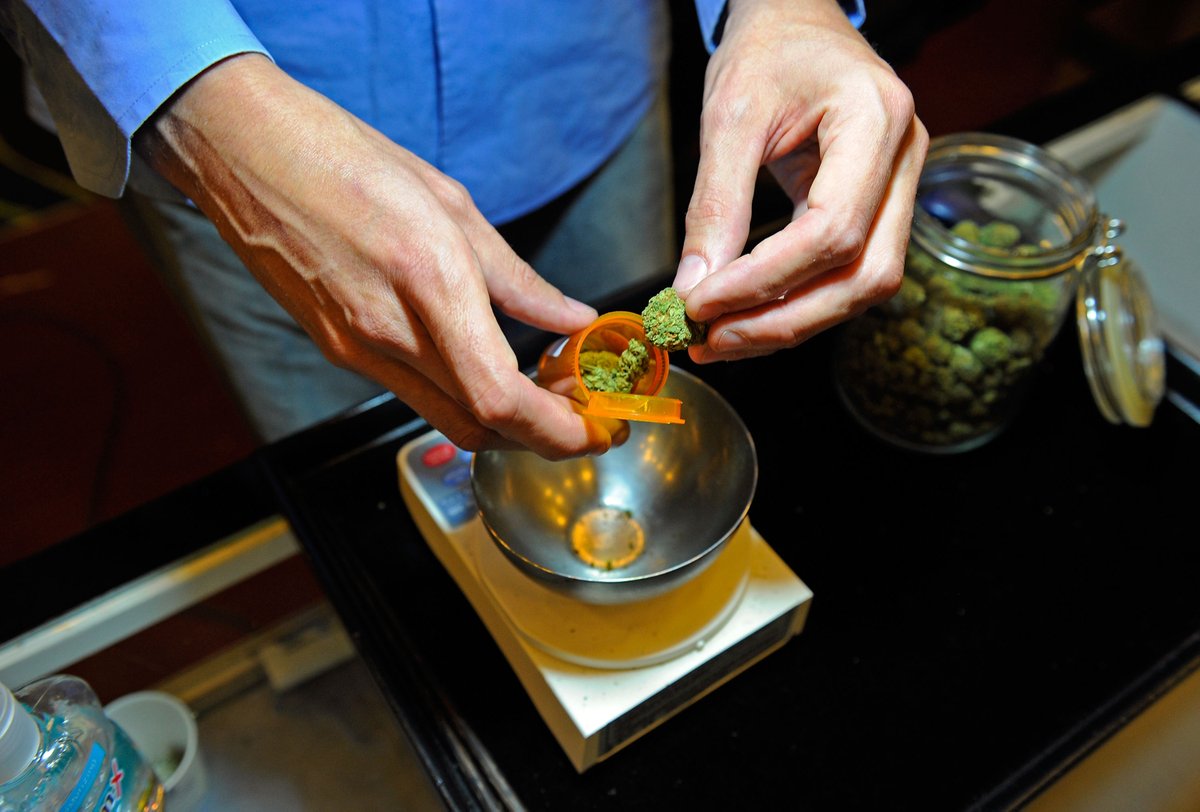
In California, where marijuana can be legally purchased, illegal transactions are still estimated to make up the overwhelming majority of sales.
It’s no wonder that the so-called cannabis index — at one point a darling of the market — has dropped 38% trib.al/mcJlx3l
It’s no wonder that the so-called cannabis index — at one point a darling of the market — has dropped 38% trib.al/mcJlx3l
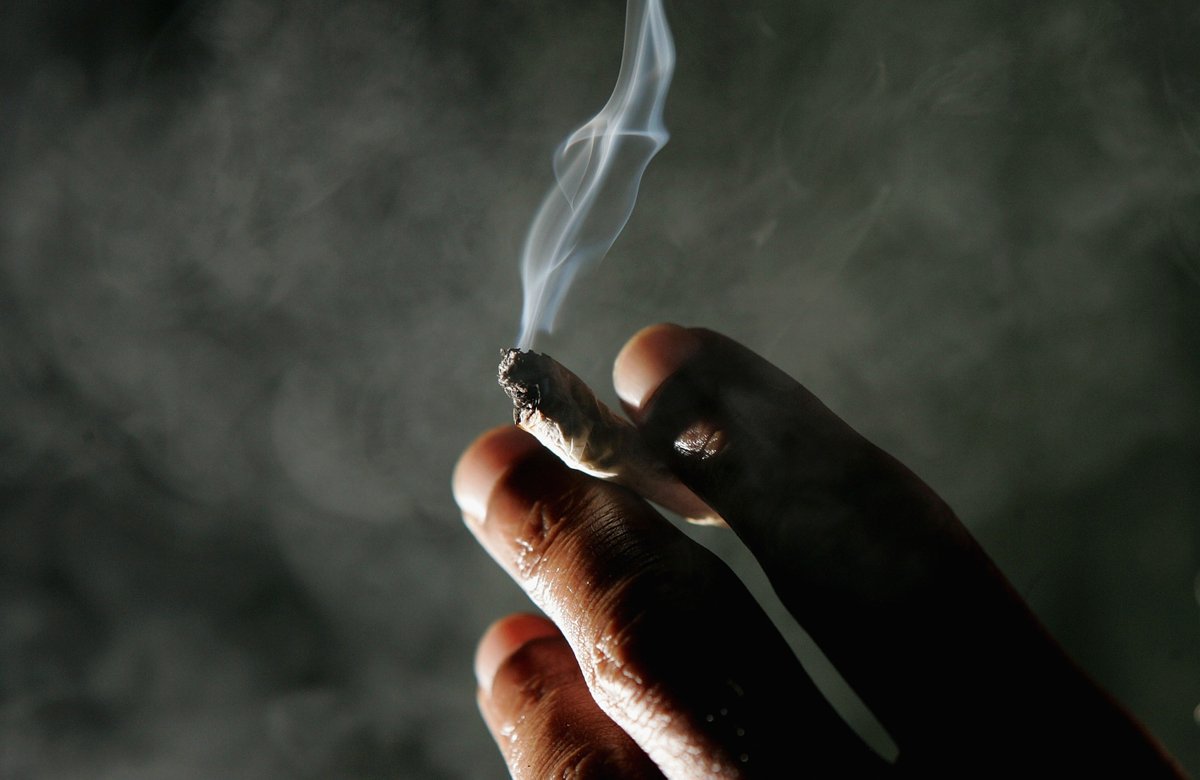
Bit by bit, things are moving in a positive direction for the industry, albeit slowly.
At the national level, if Biden is looking for common ground with Republicans, marijuana of all things seems like a good place to start. The year 2020 truly is bizarre trib.al/mcJlx3l
At the national level, if Biden is looking for common ground with Republicans, marijuana of all things seems like a good place to start. The year 2020 truly is bizarre trib.al/mcJlx3l
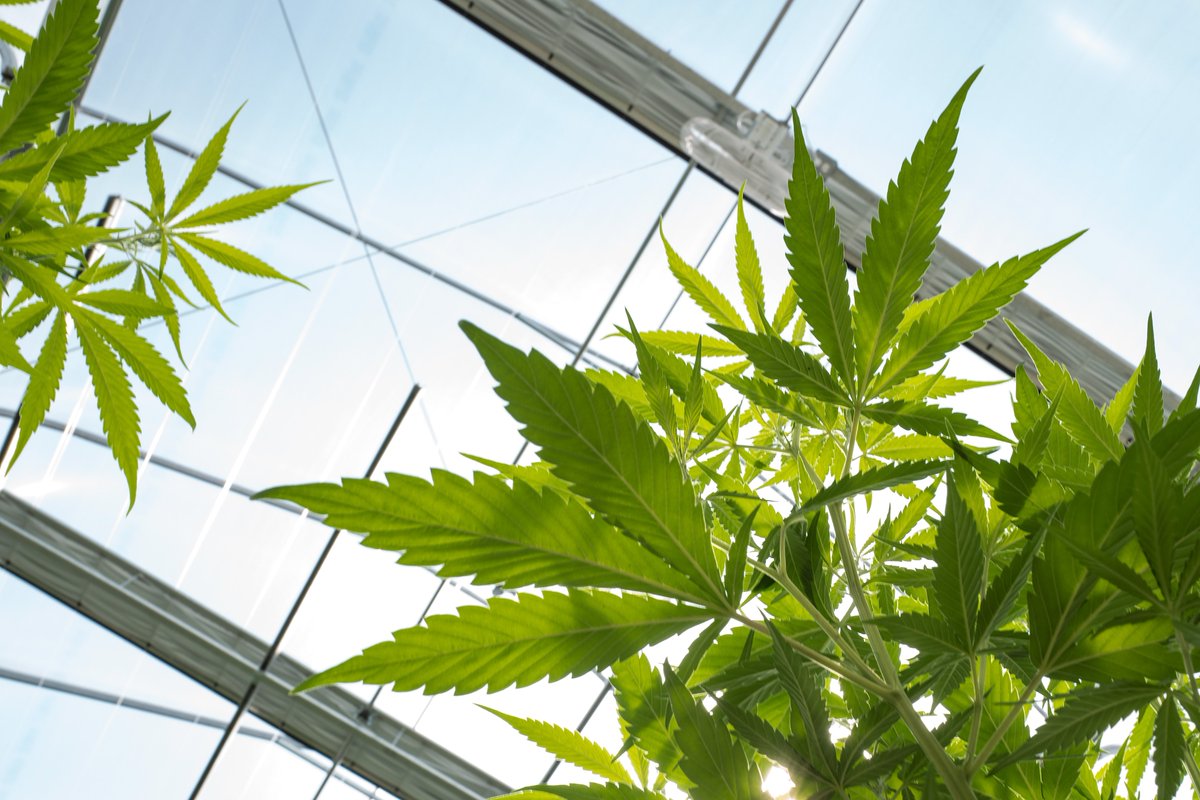
• • •
Missing some Tweet in this thread? You can try to
force a refresh





